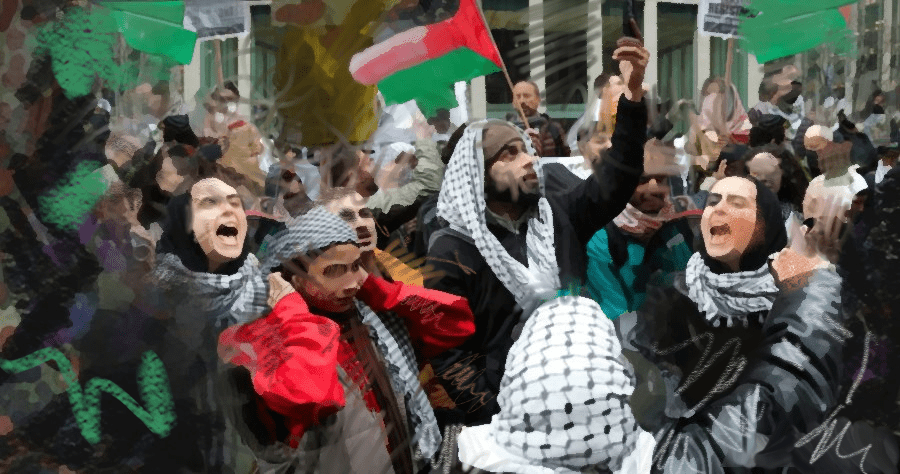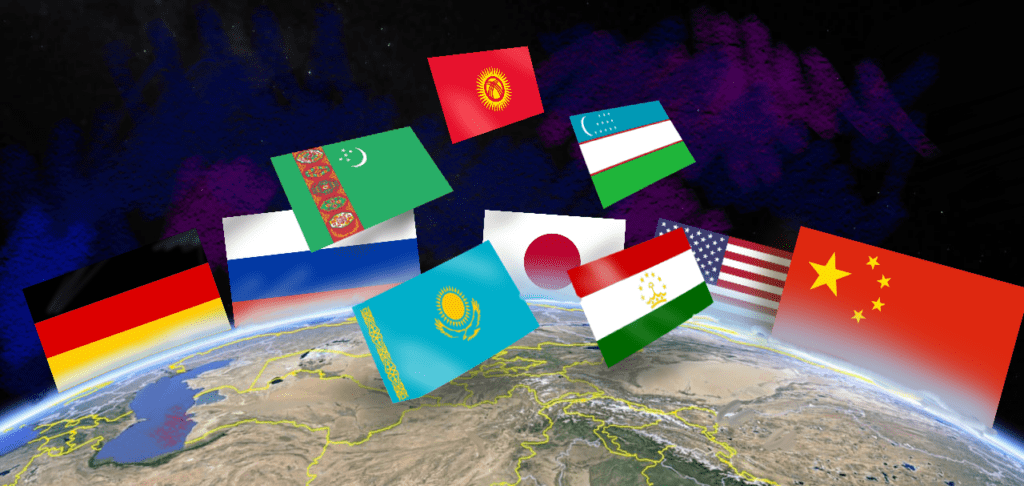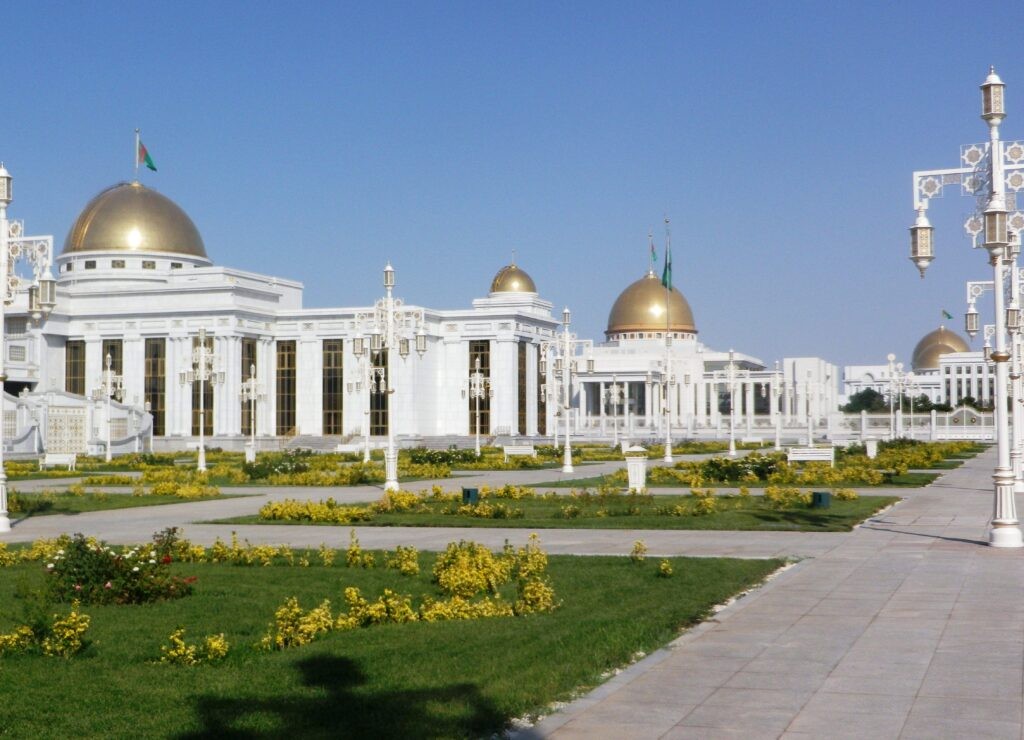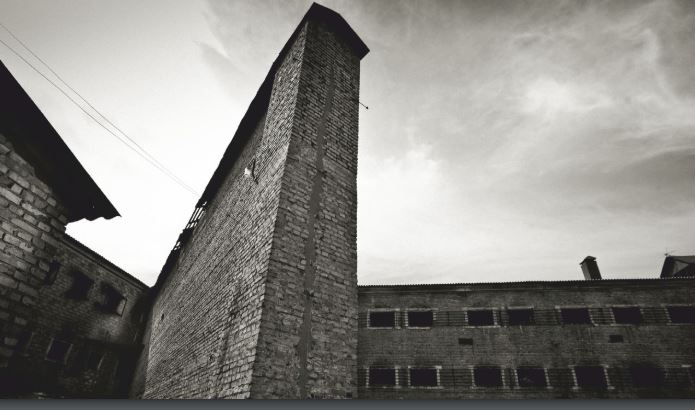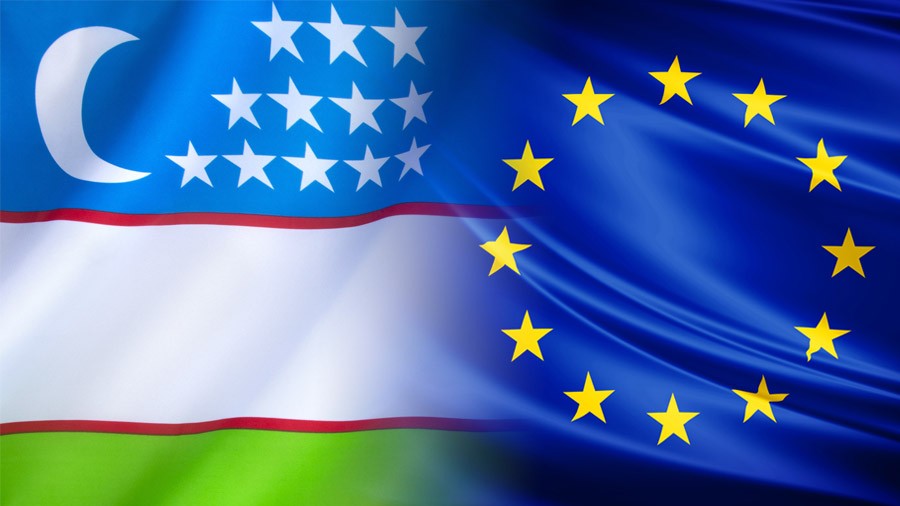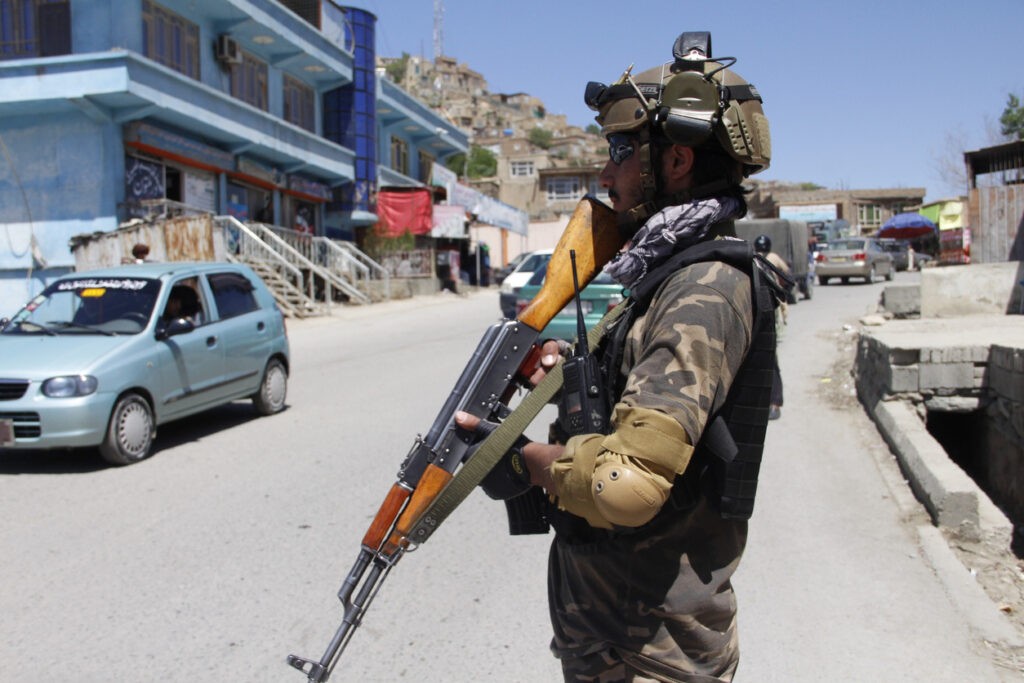Central Asian Views on Pro-Palestinian Protests in the West
Pro-Palestinian protests erupted in university campuses and other locations worldwide in response to the ongoing conflict involving the Israeli Defense Forces and Palestinians in Gaza. European cities, including in the United Kingdom, the Netherlands, Switzerland, Germany, and Belgium, have been major flashpoints where, in some cases, the police resorted to using batons, shields and tear gas on protestors. In the U.S., The New York Times has reported on May 13 that since April 18, over 2,500 individuals had been arrested or detained at 54 college campuses nationwide. The increasingly violent nature of the protests causes alarm. A poll conducted by USA Today and Suffolk University, published on May 8, has revealed that almost 32% of Americans express "very concerned" sentiments about the potential for the protests to lead to violence, while slightly over 35% say they are "somewhat concerned". Some of the messaging coming out of the protests has also been characterized as antisemitic, leading to a congressional bill in the U.S. known as the Antisemitism Awareness Act, which aims to expand the legal definition of antisemitism to curb any speech that provokes violence. Free speech advocates, including some international human rights organizations, have challenged these measures. Remembering their own turbulent times, Central Asians generally support state measures to maintain order Central Asians' perspectives on the pro-Palestinian protests sweeping through Western cities, and the way various governments respond to them, are naturally influenced by their own historical and political contexts, shaped by decades of political transition and international rivalry. Emerging as new democracies just three decades ago, these nations have witnessed a tumultuous mix of violent power struggles among oligarchs, and intense competition from foreign actors vying for control over the region's abundant natural resources and strategic geopolitical position. At the same time, the region hosts a large Muslim population who may sympathize with the Palestinians, even though many do not know the history of the conflict in the Middle East, according to Daniyar Kumpekov, a 46-year-old economist in Kazakhstan. “The Arab-Israeli conflict is beyond the attention of most citizens,” says 21-year-old Kazakhstani student, Anar Zhakupova, adding that they are more concerned about the confrontation between Ukraine and Russia. In Kyrgyzstan, 29-year-old merchant, Dmitry Povolotsky, says that there were only small rallies in support of the Palestinians. There also seems to be a sense of skepticism towards the protests. Kumpekov, for instance, draws attention to a trend of “Islamization” in Kazakhstan’s society”. Mahmut Orozbayev, a Kyrgyz civil servant in his 50s, cautions about terrorist cells in the country, which, he says, “should be feared” from a security perspective. “We have a majority of Muslim citizens. They can gather and condemn Israel's actions. But all this [should be done] within the limits of what is permissible, so that there is no unrest,” he adds. According to Donokhon Ruziboyeva, an Uzbekistan resident in her 20s, pro-Palestinian protests raise awareness, but “they don’t stop the conflict in Palestine”. While the devastation in the Gaza Strip seen on social networks deeply moves Ruzboyeva,...
